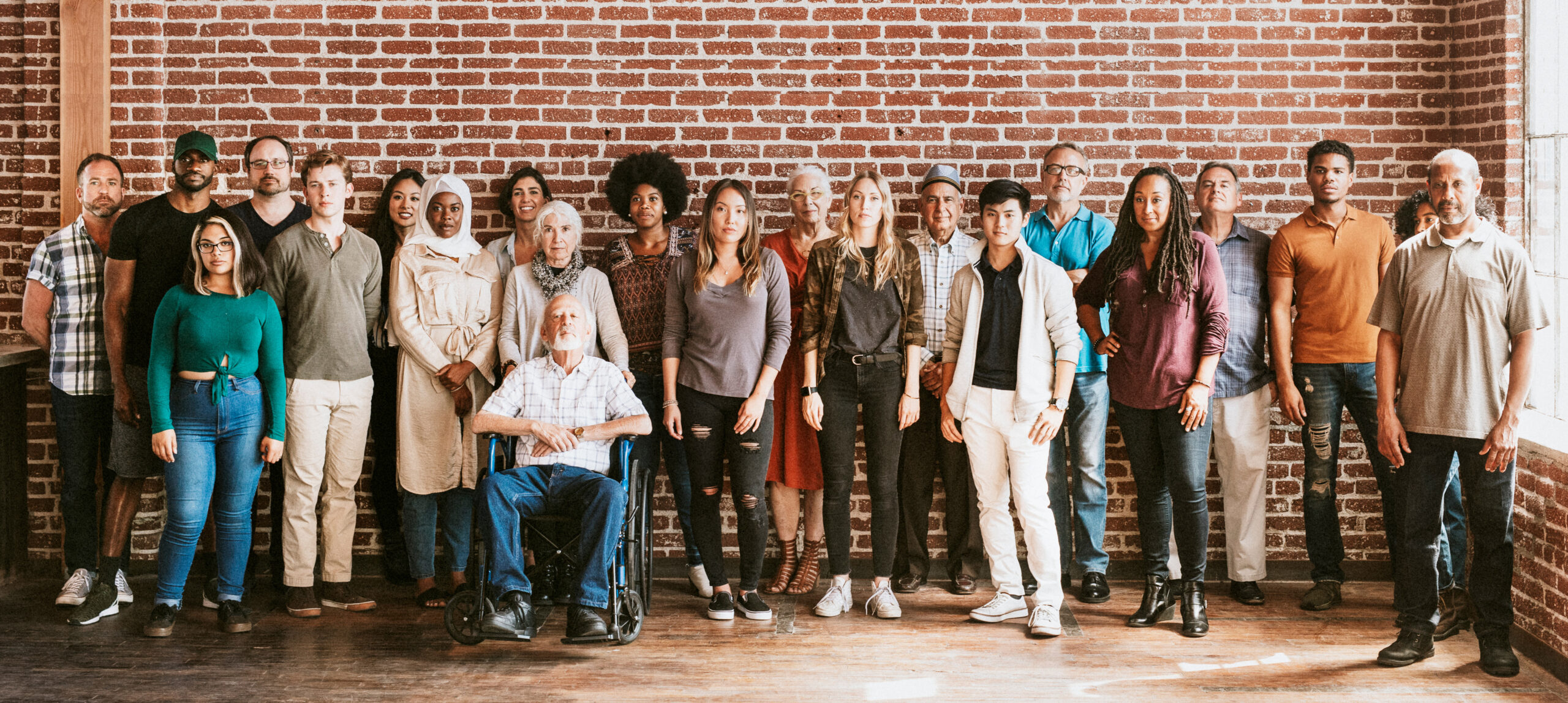
NEW MODELS FOR REDEVELOPMENT IN DISINVESTED COMMUNITIES

Cooperatively-Governed
Youth-Focused
To ensure both social and economic equity, the redevelopment project would provide youth-owned and controlled retail; promotes youth entrepreneurship through training and strategic partnerships with youth-based organizations; and promotes public safety among under-employed, disadvantaged youth through youth-focused initiatives that consider the interests and needs of the neighboring youth.
Community-Financed
To ensure economic equity, the redevelopment project involves community capital campaigns where the developer and anchor tenant raise money directly from the neighborhood and the broader city through investment crowdfunding and other community-finance tools in order to advance community wealth in disinvested and underemployed neighborhoods.




Resident-Controlled
In order to advance social equity, the redevelopment project should include voting equity-holders and/or governing and advisory board members that are residents of the affected neighborhood. These residents will be able to vote or decide upon major decisions of the redevelopment project throughout the life of the project, including the decision to increase rents; sale; or purchase major assets. In addition, the redevelopment project requires community input at the design phase through interactive, community design events. The redevelopment project then includes the community-informed design into its own architectural designs and development inputs.
Woman-Led
The redevelopment project includes women in key leadership positions and/or WBE-owned businesses in order to promote gender equity within redevelopment in marginalized communities.
BIPOC-Owned
The redevelopment project is majority-owned by Black, Indigenous, or other persons of color and the project primarily includes businesses that are owned by Black, Indigineous, and other persons of color in order to promote racial equity within redevelopment in marginalized communities.

